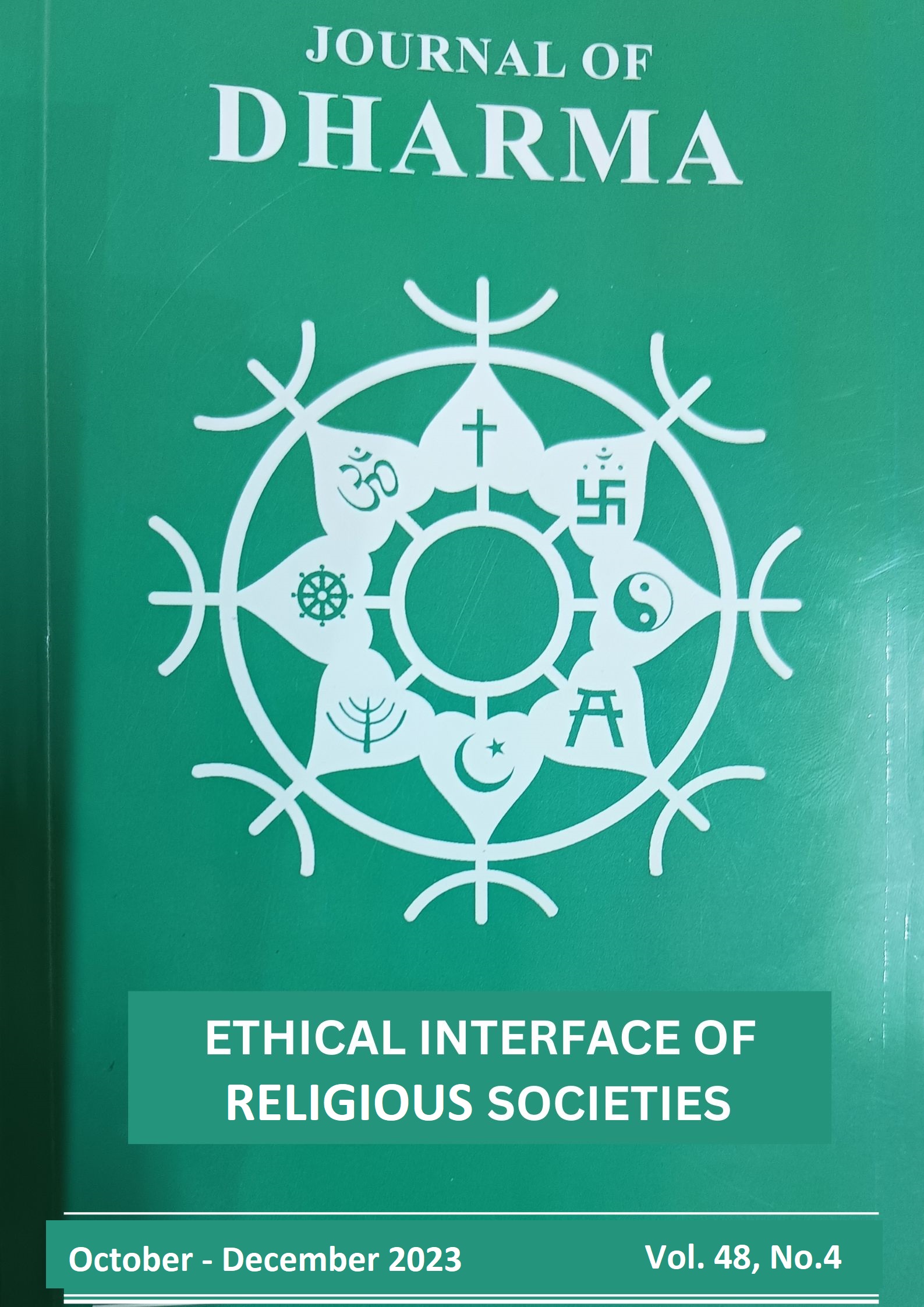PHENOMENOLOGICAL ETHICS IN A MULTI-RELIGIOUS SOCIETY
Nigeria as a Case Study
Keywords:
Phenomenology, Ethics, Co-existence, Religion, Muslims, Christians, NigeriaAbstract
Multi-religious societies are prone to conflicts because of several factors that create room for divisiveness. Nigeria has been witnessing religious conflicts, especially between Muslims and Christians. It consequently appears as if religious conflicts in Nigeria and other multi-religious societies have defied the logic of conflict resolution. This breeds the problem of entrenching peace among religions with seemingly opposing doctrines and varying perceptions of the Supreme Being. Employing the methods of analysis and phenomenology, this essay argues that phenomenological ethics as a presuppositionless method of determining what is right or wrong is a better approach of not only resolving conflicts but also preventing them. It concludes by positing that a comprehensive teaching of phenomenological ethics in different religions can translate the method into an attitude which inculcates in one’s psyche oneness as the ultimate goal of every religion, culminating in peaceful co-existence.
Downloads
Published
How to Cite
Issue
Section
License
Copyright (c) 2024 Journal of Dharma

This work is licensed under a Creative Commons Attribution-ShareAlike 4.0 International License.

